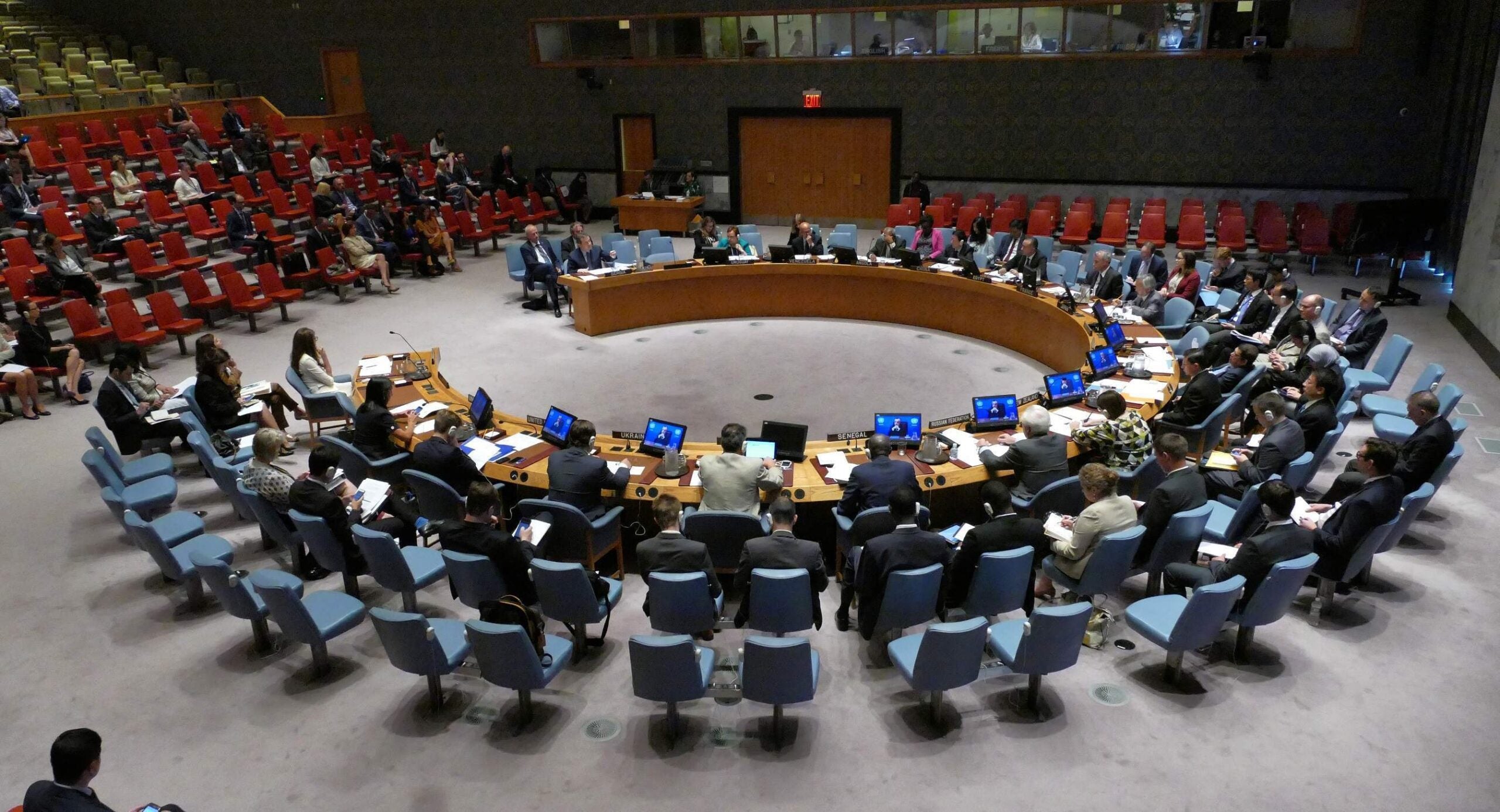
The United Nations Security Council has slapped North Korea with new sanctions after it tested a hydrogen bomb on 3 September.
The test in early September was the sixth one Pyongyang had carried out this year, and the country’s most powerful. It is thought that the bomb is around eight times the yield of the atomic bomb dropped on Hiroshima in 1945.
What will the new North Korea sanctions entail?
The new resolution is the ninth set of sanctions to be imposed on North Korea in 2006 in relation to its ballistic missile and nuclear programs.
The new North Korea sanctions impose a ban on textile exports. This is the country’s second-biggest export after coal and other minerals, totalling $752m in 2016.
As well, the resolution also imposes a ban on condensates and natural gas liquids, a cap of 2m barrels a year on refined petroleum products, and a cap on crude oil exports to North Korea at current levels.
This will affect China in particular because it supplies most of North Korea’s crude oil.
How well do you really know your competitors?
Access the most comprehensive Company Profiles on the market, powered by GlobalData. Save hours of research. Gain competitive edge.

Thank you!
Your download email will arrive shortly
Not ready to buy yet? Download a free sample
We are confident about the unique quality of our Company Profiles. However, we want you to make the most beneficial decision for your business, so we offer a free sample that you can download by submitting the below form
By GlobalDataHowever, the latest North Korea sanctions might not have much effect.
According to a report by the Washington Post, said that Russian smugglers have been shipping petroleum and other goods to the Kim-led regime.
US Law enforcement officials familiar with the smuggling operation told the Post:
“As the Chinese cut off oil and gas, we’re seeing them turn to Russia. Whenever they are cut off from their primary supplier, they just try to get it from somewhere else. “
Will the new North Korea sanctions stop the country from carrying out nuclear tests?
When the previous new set of North Korea sanctions were imposed in August, the country responded by saying they were a “violent violation of our sovereignty” and part of a “heinous plot to isolate and stifle the country”.
Yet the ostracised state insists on going ahead with tests. John Nilsson-Wright, senior lecturer in Japanese Politics and International Relations at the University of Cambridge and senior research fellow for Northeast Asia, Asia Programme at the think tank Chatham House, said North Korea’s leader Kim Jong Un has strived from nuclear power in order to guarantee the country’s security.
“This is a long term strategy that he’s been pursuing of military modernisation and acquiring a credible nuclear deterrent to guarantee the country’s security in the face of hostility,” he told Verdict.
Despite the impact the sanctions have on the country, Kim is unlikely to stop until he feels secure.
“There may come a time, however, when once Kim has acquired the credible, independent deterrent that he wants, he will turn his attention to economic development. At that stage, he may be more amenable to the idea of a relaxation of sanctions in return for some diplomatic improvement from the outside world.
“But we’re a long way from having those talks yet,” said Nilsson-Wright.



